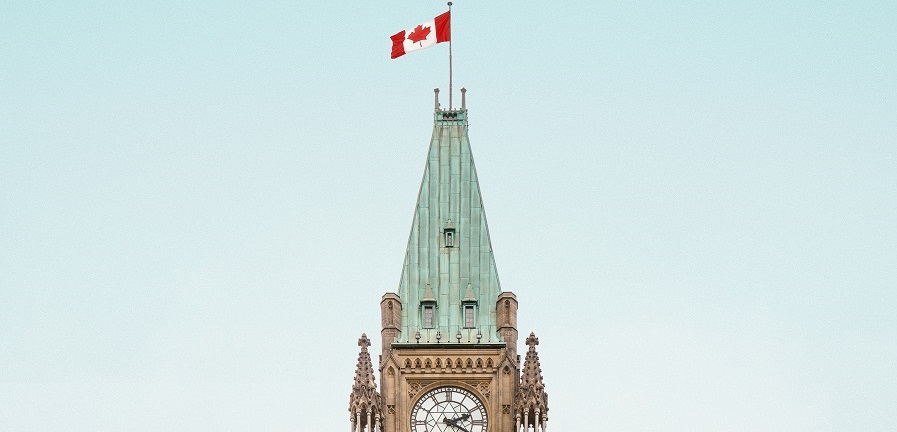Minister’s Immigration Levels Plan Increases Immigration Targets to Help the Economy
Canada’s Immigration Minister Marco Mendicino has announced the details of Canada’s 2021‒2023 Immigration Levels Plan, which includes increasing immigration targets to help the Canadian economy recover from COVID-19 and drive future growth and job creation.
“Immigration is essential to getting us through the pandemic, but also to our short-term economic recovery and our long-term economic growth,” said Mendicino.
The multi-year plan re-enforces the importance of family reunification and refugee settlement, and shines a light on the importance of immigration when it comes to boosting the economy post-pandemic, particularly in the healthcare, information technology, farming, and food production sectors.
The following points are some of the main highlights of the plan:
-
Increasing immigration admissions over the next 3 years to make up the immigration shortfall experienced in 2020
-
60% of immigration admissions will come from the Economic Class to help drive economic growth
-
Focus on innovative and community-driven approaches to help address Canada’s diverse labour and demographic needs
-
Committing to capacity-building and digital transformation in Canada’s immigration system to help mitigate the impact that COVID-19 has had on the processing of applications
-
Assigning additional points for French-speaking candidates under Express Entry to help grow Francophone communities outside of Quebec
-
Admitting up to 500 refugees over the next 2 years through the Economic Mobility Pathways Project
-
Creating a pathway to permanent residency for eligible asylum claimants that have been pandemic front-line workers in the healthcare field between March 13 and August 14, 2020
Although Immigration, Refugees and Citizenship Canada (IRCC) continued to accept and process applications throughout the pandemic, immigration targets in Canada have been severely affected this past year due to the COVID-19 travel restrictions.
The Immigration Levels Plan aims to compensate for this shortfall by helping to fill labour market gaps and welcoming immigrants at a rate of about 1% of the population of Canada. This includes welcoming 401,000 new permanent residents in 2021, 411,000 in 2022, and 421,000 in 2023. Canada’s previous Immigration Levels Plan set targets of 351,000 in 2021 and 361,000 in 2022.
“Canadians have seen how newcomers are playing an outsized role in our hospitals and care homes, and helping us to keep food on the table,” said Mendicino. “As we look to recovery, newcomers create jobs not just by giving our businesses the skills they need to thrive, but also by starting businesses themselves. Our plan will help to address some of our most acute labour shortages and to grow our population to keep Canada competitive on the world stage.”
Share this article
Arghavan Gerami
Arghavan Gerami is the Founder and Senior Counsel at Gerami Law Professional Corporation ('PC'), a full-service immigration law firm in Ottawa, Ontario. Since 2011, Ms. Gerami has focused her practice on immigration and refugee litigation. Prior to that, Ms. Gerami worked at the Ministry of Attorney General and the Department of Justice and had the privilege of serving the Honourable Mr. Justice M. Evans at the Federal Court of Appeal on immigration and administrative law appeals. Ms. Gerami contributes to the Immigration Law Section of the Canadian Bar Association, the Canadian Association of Refugee Lawyers, and the United Nations High Commissioner for Refugees. Ms. Gerami has also published numerous journal articles and presented at various immigration and refugee law conferences and events across Canada.

